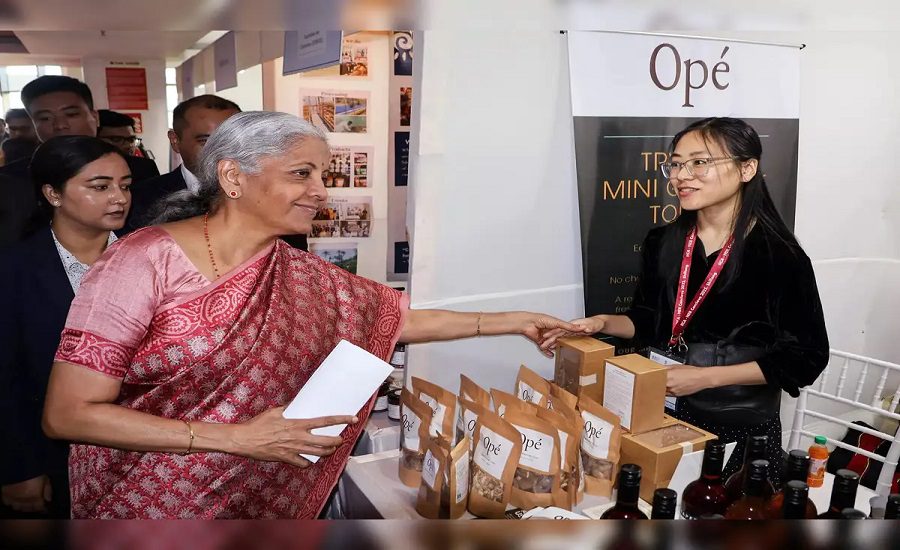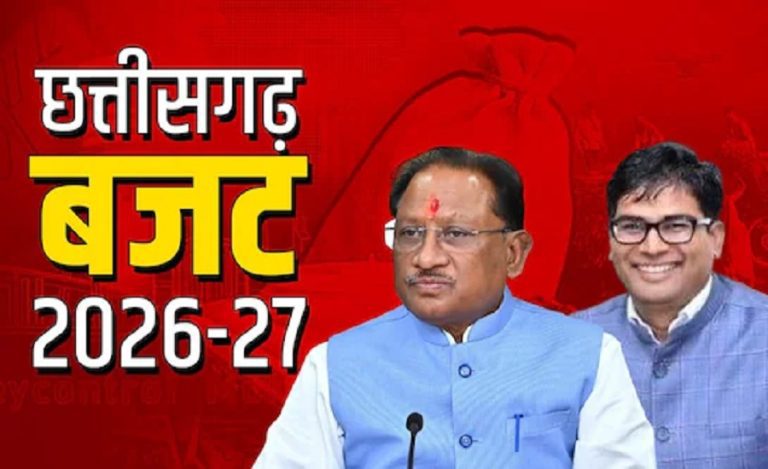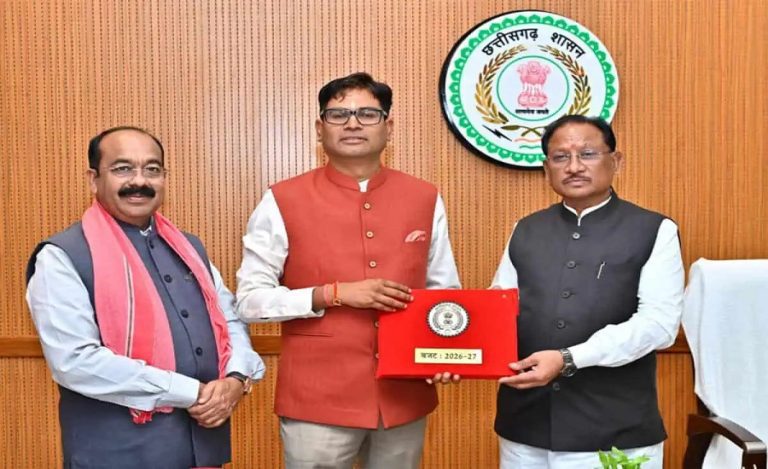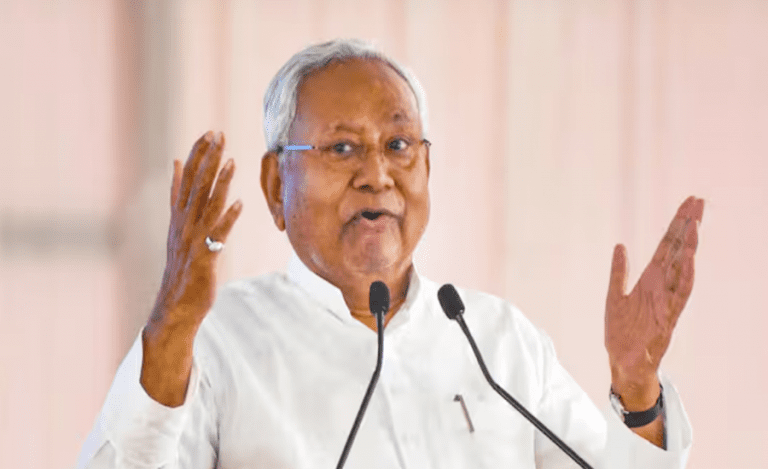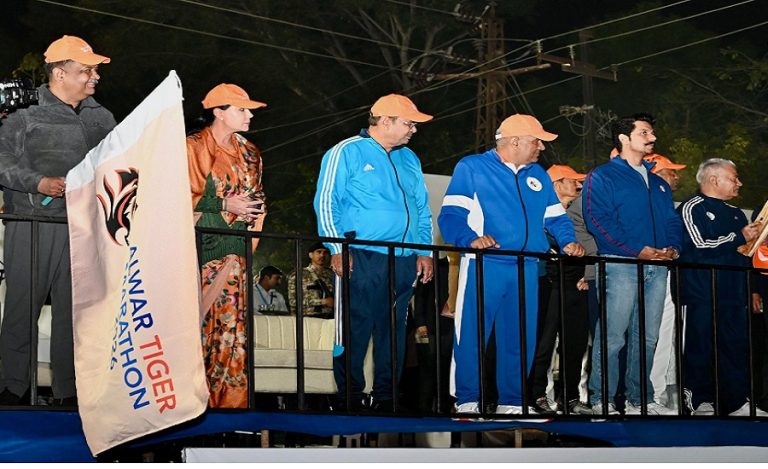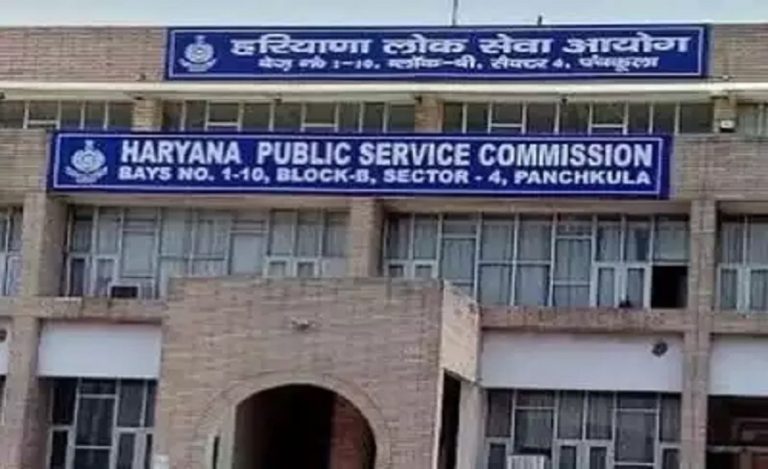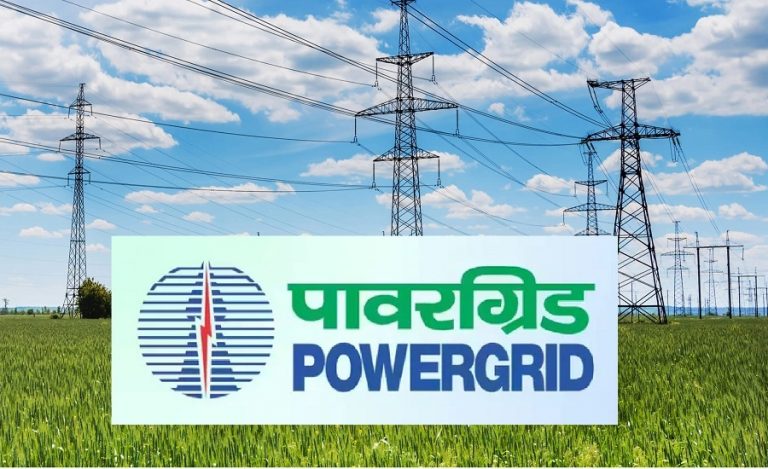Shillong — Union Finance Minister Nirmala Sitharaman, during her four-day visit to Meghalaya, emphasized the urgent need to balance ecological preservation with developmental aspirations, especially in environmentally sensitive regions like the Northeast.
Speaking at an interactive session with stakeholders in Shillong on Saturday, the minister acknowledged that climate change has intensified to the point where even the most advanced forecasting tools struggle to predict extreme weather patterns.
“Flash floods and intense rainfall, which once occurred over weeks or months, are now happening within a single day—causing unprecedented damage to lives and infrastructure,” she noted.
Development Must Respect Ecology—But Be Locally Led
Sitharaman stressed the importance of extending modern infrastructure such as optical fiber connectivity and digital access to empower artisans, farmers, and entrepreneurs in remote and forested areas. However, she insisted that development in these regions must be community-driven, not imposed from outside.
“It is not for me—or anyone from elsewhere—to decide whether a region should remain untouched. People living there must determine how much development they are comfortable with and where to draw the line,” she said.
She also posed a powerful question:
“If development is denied completely, will people who have remained unchanged for generations—yet now aspire to a better life—be content?”
Local Issue, Global Importance
The finance minister drew attention to the global urgency of the conversation around ecology and development, revealing that the next major climate summit will be held near the Amazon rainforest in Brazil. She said this reflects a global trend of bringing policy discussions directly to the world’s most fragile ecosystems.
“This is a deeply critical discussion, and I’m glad it began here in Meghalaya this morning,” Sitharaman remarked.
Collaborative, Participatory Policy-Making
Sitharaman also underscored the importance of tri-sectoral collaboration between citizens, industries, and the government to ensure inclusive and sustainable policies.
She affirmed the Union government’s ongoing work to:
- Simplify tax and regulatory frameworks
- Improve access to financial systems
- Promote inclusive economic participation across India’s diverse regions
She encouraged regional stakeholders to submit sector-specific proposals and concerns through the Ministry of Development of the North Eastern Region (DoNER) for expedited action and follow-up.
Honouring Local Contributors and Voices
During the event, Sitharaman felicitated two of Meghalaya’s top women taxpayers, Rimiful Shylla and Wanjoplin, lauding their significant contribution to the national tax system.
Stakeholders from across the state raised several pressing issues and suggestions, including:
- The need for environmentally sustainable development strategies
- Greater support for research and development institutions
- Increased policy focus on the hospitality and tourism sectors
- Better credit and market access for MSMEs and startups
- Inclusion of local industries under the Targeted Champion Sector Scheme
- Addressing high logistics costs through transport subsidies
Centre’s Commitment to the Northeast
In response, Sitharaman reiterated the Centre’s resolve to work closely with state governments and local communities to create a prosperous, inclusive, and innovation-led Northeast.
“The government remains committed to participatory policymaking. We are working continuously to make financial systems more accessible and efficient for all stakeholders,” she concluded.

